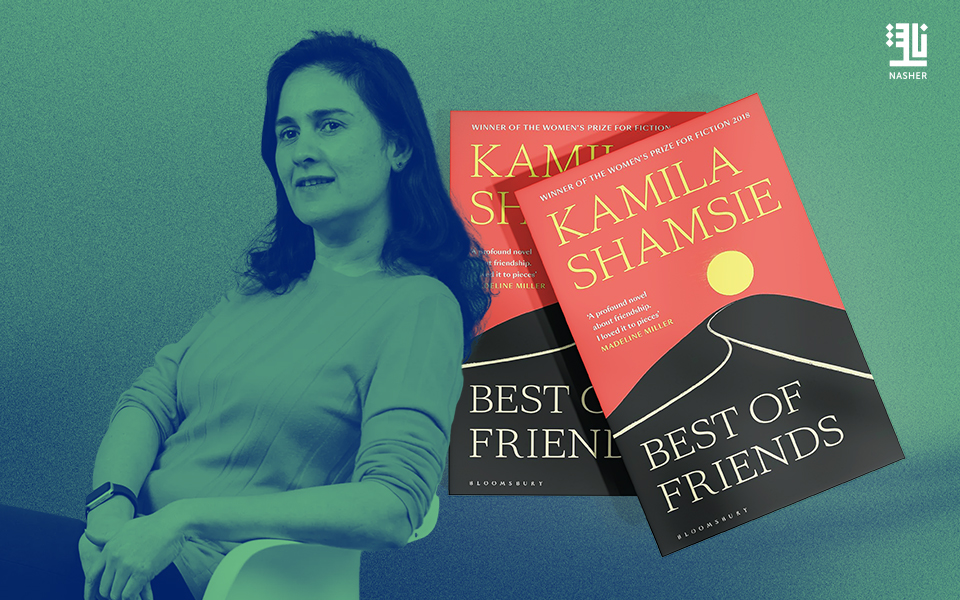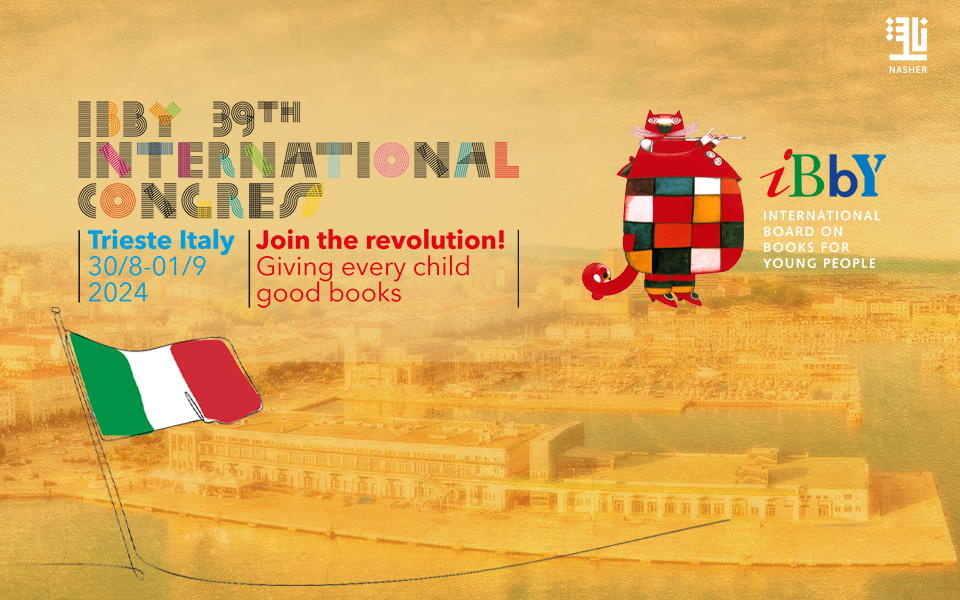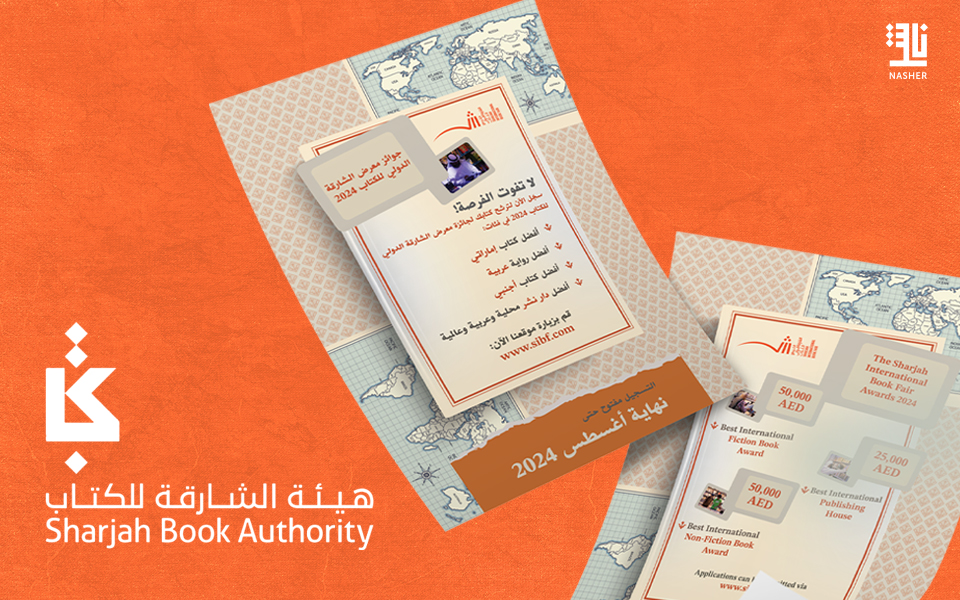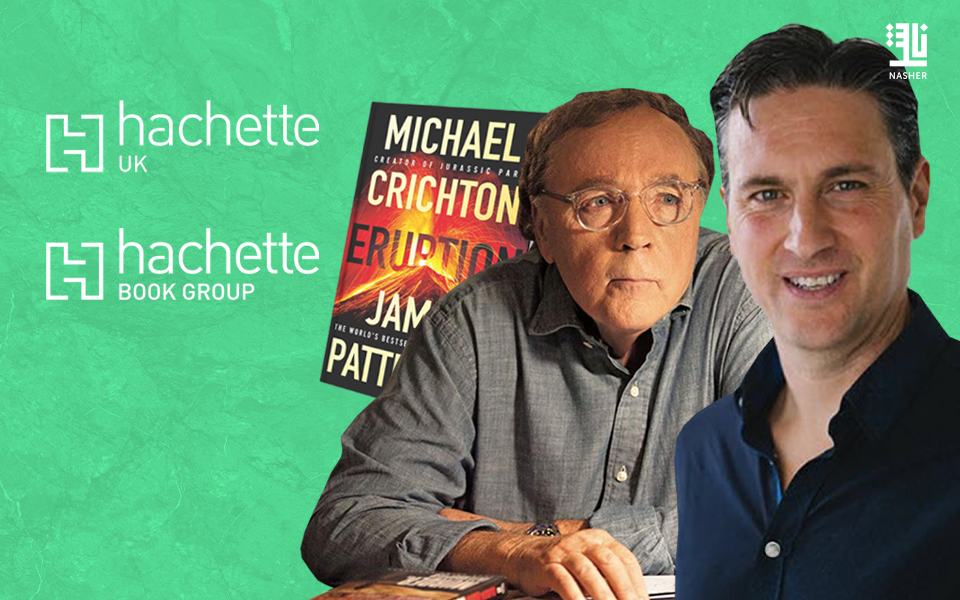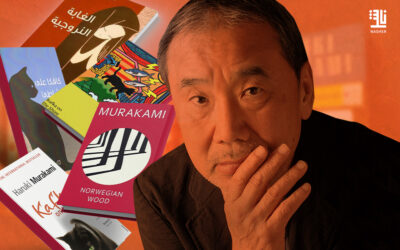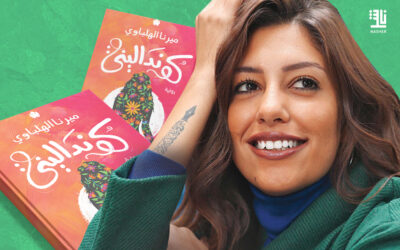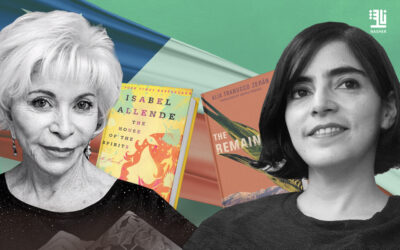Kamila Shamsies novel Best of Friends begins at this volatile time and in a volatile location, too: Karachi, 1988. The best friends are Maryam Khan and Zahra Ali. Maryam is intuitive and romantic; Zahra cerebral and skeptical. Both are 14 years old. Both are privileged Zahra the daughter of a cricket journalist, Maryam the heiress to a luxury brand. Both are enrolled at Karachi grammar school, a Victorian institution formerly attended by the likes of Benazir Bhutto, whose opposition to General Zias dictatorship provides the political backdrop to the girls coming of age in the late 80s, alongside a cultural one of Whitney Houston and Dallas.
Although both girls are from the same milieu, Zahra is framed as having an uncertain social position. She is introspective and intellectual, compared with waggish, academically indifferent Maryam, who is destined to inherit the family fortune. Zahra makes it to Cambridge and pursues a career as the UKs top civil liberties lawyer, while Maryam, who partly grows up in London, stays there to become a venture capitalist. The social media app she owns has a facial-tagging feature that poses a threat to the liberties for which Zahra is fighting. Nevertheless, both are nestled in the same smart set of celebrities, politicians, entrepreneurs.
Being a pretty young girl delivers all the rewards of fame without any of the striving normally required to achieve it: People are nice to Maryam and Zahra, boys are awed by them, strangers are glad to perform random favours. But the downside is significant. An ambient thrum of potential sexual violence culminates in an episode where the two are abducted though not physically assaulted by a classmates driver. At the novels midpoint we jump forward three decades to London in 2019. Here it becomes clear that Best of Friends is not quite a novel but more like two novellas, the first energetic and the second bland.
It begins with a pair of articles: a profile of Zahra in The Guardian and one of Maryam in Yahoo! Finance. It is an awkward device for inserting 30 years worth of exposition, but nonetheless, here is what we learn: Zahra received a scholarship to Cambridge, got married and divorced, leads Britains oldest civil liberties organization and hangs out with George Clooney. Maryam, also a London transplant, became a tech millionaire at age 26, lost everything when the dot-com bubble burst, and rebounded as a successful venture capitalist whose firm bears the realistically awful name of Venture Further.
If language is no obstacle to the women, neither is relocation. For both Maryam and Zahra the transit from Karachi to London is fairly easy. And maybe this is not the point of the book, but a point of it: that sufficient funds, credentials and networks add up to a pre-assimilation that makes such an immigration easy.
In their forties, the women still have their differences, but they remain best friends and get together every Sunday. By the time the novel reaches its final conflict and betrayal, Zahra is the Director of the Centre for Civil Liberties, working against repressive British immigration policies, and Maryam is a venture capitalist involved in an ethically murky social media platform that is courting the UKs Conservative government.
Zahra is increasingly repelled by what she sees aas Maryams amoral nature. Part of me has always hated you, she tells her. Maryam struggles to understand what she perceives as Zahras disengagement from emotional connections. She begins to think of her friendship with Zahra as revealing the unknowability of another person.
Tangled up with Maryam and Zahras relationship are questions of responsibility, justice, power and ethics. When Maryam joins an elite donor club thats shamelessly pumping money into the UK government and which stands for everything Zahra has spent her professional life fighting, their faith in one another is tested. Life in London may seem simple compared with Karachi, but politics is politics.
Its the deep-rooted and complicated bond between the two women that keeps us turning the pages. Shamsie explores the changing nature of friendship, the way it consumes you when youre young and later becomes about being there when it matters. Also, the way it clouds your judgment. Zahra reflects:
The problem with childhood friendship was that you could sometimes fail to see the adult in front of you because you had such a fixed idea of the teenager she once was, and other times you were unable to see the teenager still alive and kicking within the adult.
Kamila Shamsies eighth novel; Best of Friends is a tale of friendship and of two halves, it is a tale of contrasts: England and Pakistan; public and private; personal and political and ideology and opportunism.
Best of Friends is a slow read and can be disengaging at times, we have given it 5 out of 10.
Best of Friends by Kamila Shamsie is published by Bloomsbury

